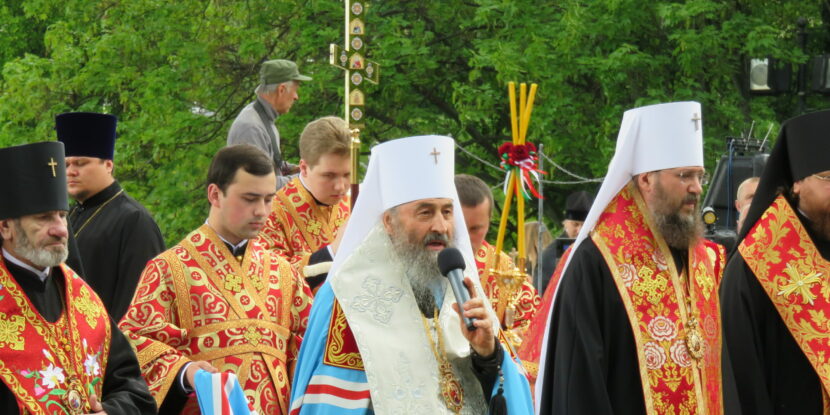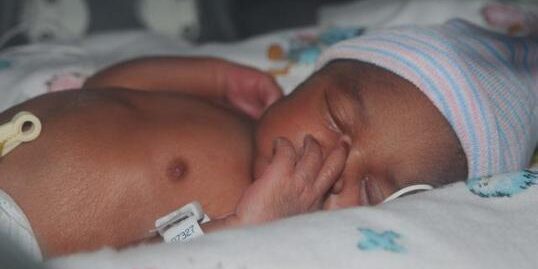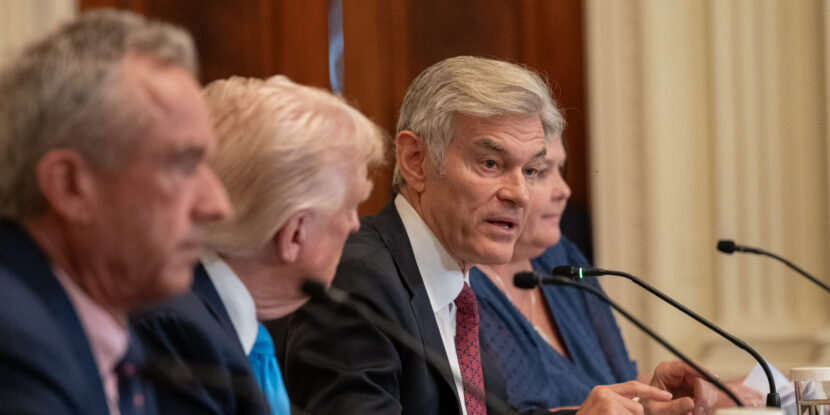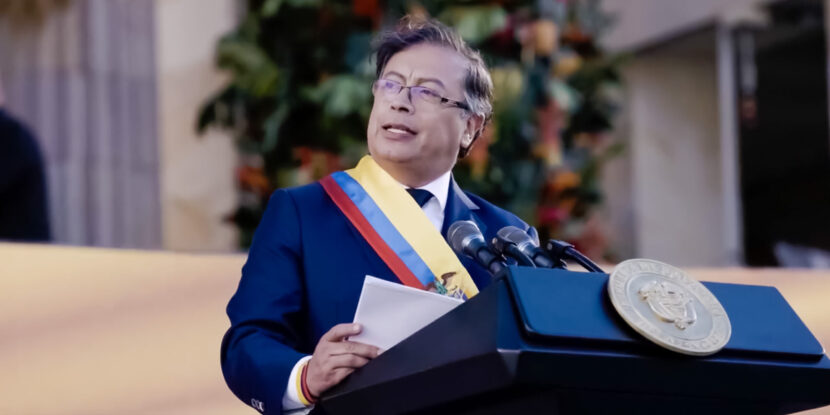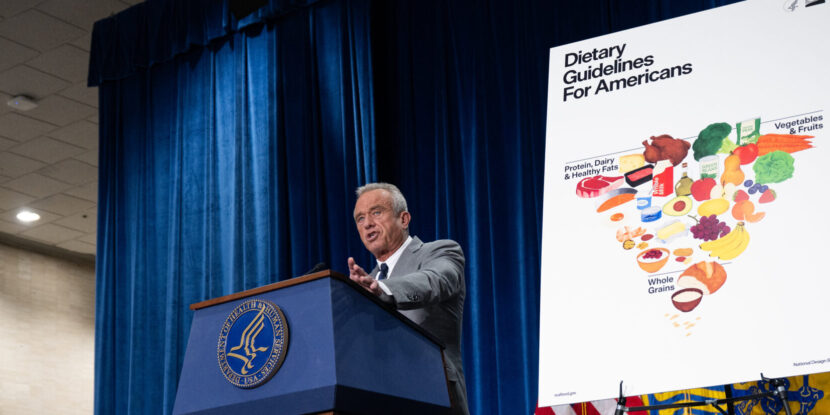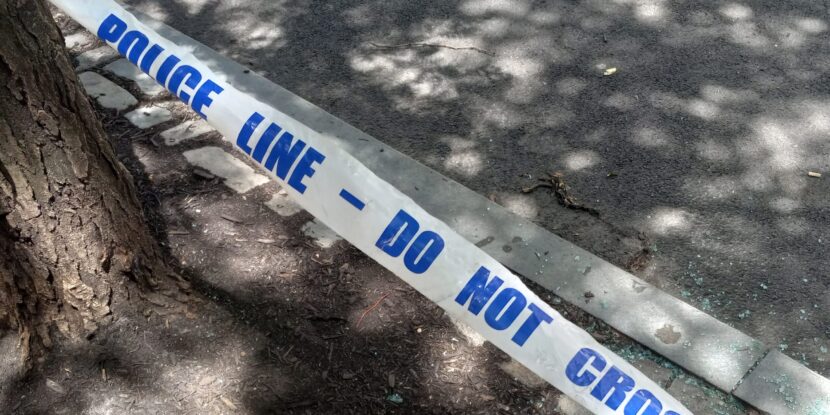The Ukrainian legislature has adopted a bill effectively banning the Ukrainian Orthodox Church (UOC), with lawmakers and others accusing the Church of maintaining ties with Russia. The bill is expected to be signed by President Volodymyr Zelensky in the coming weeks, with UOC clergy given around nine months to prove to the state that they have severed their ties with the Russian Orthodox Church.
The ban on religious activities of any religious group connected to or sympathetic toward Russia was passed with 256 votes for the bill at its final reading, compared to just 29 lawmakers voting against it.
The law was initially proposed last year, with lawmakers such as Iryna Herashchenko of the European Solidarity party calling the Church a “sect” of the Russian security services.
Despite the crackdown on the Church, which has included the arrests of priests and bishops, who in some cases have been stripped of their Ukrainian citizenships, and the mass confiscation of churches and monasteries, thousands of priests, monks, and nuns, and millions of Ukrainians still belong to it. Its roots in the country are deep, with the Metropolitanate of Kiev first established in 988 A.D.
After Russia’s 2022 invasion, the UOC announced a split with the Moscow Patriarchate. It had previously resisted doing so for theological reasons, prompting the creation of the alternative Orthodox Church of Ukraine (OCU), which is backed by the Ukrainian government and has been handed much of the property confiscated from the UOC.
The OCU is recognized by the Ecumenical Patriarch in Constantinople and the Orthodox churches in Greece, Cyprus, and Alexandria. However, the Orthodox churches in Russia, Serbia, Antioch, Romania, and Poland, representing the vast majority of Orthodox Christians, consider the government-backed church uncanonical and schismatic.
